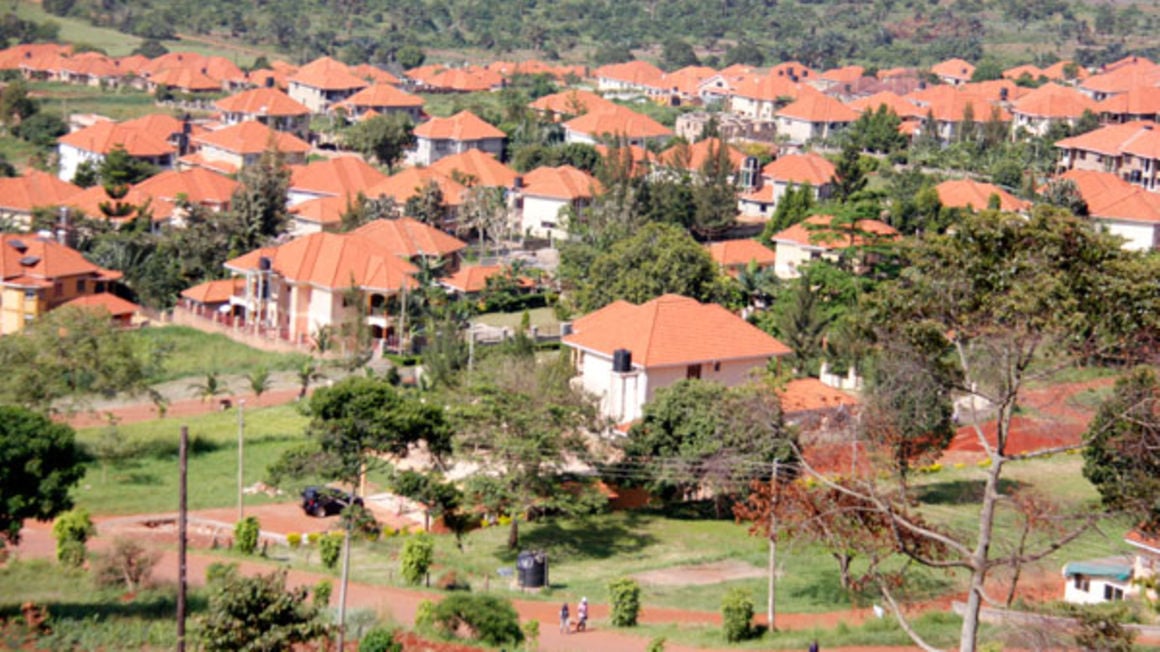Uganda needs 300,000 housing units annually to match demand

Uganda needs at least 300,000 housing units per annum to reduce the growing deficit and rising cost of housing, according to the Association of Real Estates Agents.
What you need to know:
- Mr Sudhir Ruparelia, the Ruparelia Group of Companies chairman, while discussing the state of the real estate sector, said demand for both commercial and rental space has been increasing overtime, threatening to outstrip supply.
Uganda needs at least 300,000 housing units per annum to reduce the growing deficit and rising cost of housing, according to the Association of Real Estates Agents.
Speaking during the second Uganda Revenue Authority Bomba ya Business initiative in Kampala at the weekend, Ms Shirley Kongai, the Association of Real Estates Agents president, said there was need for a properly developed plan that would see construction of at least 300,000 housing units, especially in urban centres to match population growth.
Uganda, according to Habitat for Humanity, currently has a housing deficit 2.4 million units, out of which 210,000 units are in urban areas and 1.395 million units in rural areas. An estimated 900,000 units are substandard and in need of replacement or upgrading.
Therefore, Ms Kongai said there was need to allow the real estate to mature, cautioning government against piling taxes on the sector, which currently support to fully developed.
“We are uncomfortable with the taxes that have been put on real estate. We feel unfairly treated,” she said.
Government has been putting in places measures through it seeks to maximise collections from rental tax, which is one of the taxes in the real estate sector.
In May Parliament amended the Income Tax Amendment Bill, in which it introduced a 25 per cent levy on income generated from rentals.
However, Ms Irene Irumba Mbabazi, the Uganda Revenue Authority assistant commissioner research and innovation, said government had waived a number of taxes in the sector, especially in regard to rental tax, to support growth of the sector at a time when it has been impacted by Covid-19.
Ms Kongai also noted that because of the rapid growth in the population, there was need to support growth the sector.
Mr Sudhir Ruparelia, the Ruparelia Group of Companies chairman, while discussing the state of the real estate sector, said demand for both commercial and rental space has been increasing overtime, threatening to outstrip supply.
“There is demand for real estate in all sectors of the economy such as agriculture, warehousing, industry and manufacturing, hospital and homes, among others,” he said.
Low access
Recently, Housing Finance Bank, which is heavily involved in mortgage and real estate, said at least 78 per cent of Ugandans lack access to decent housing. The housing sector and real estate at large has been impacted by Covid-19, forcing a 15 per cent drop in property prices, especially in urban areas.




